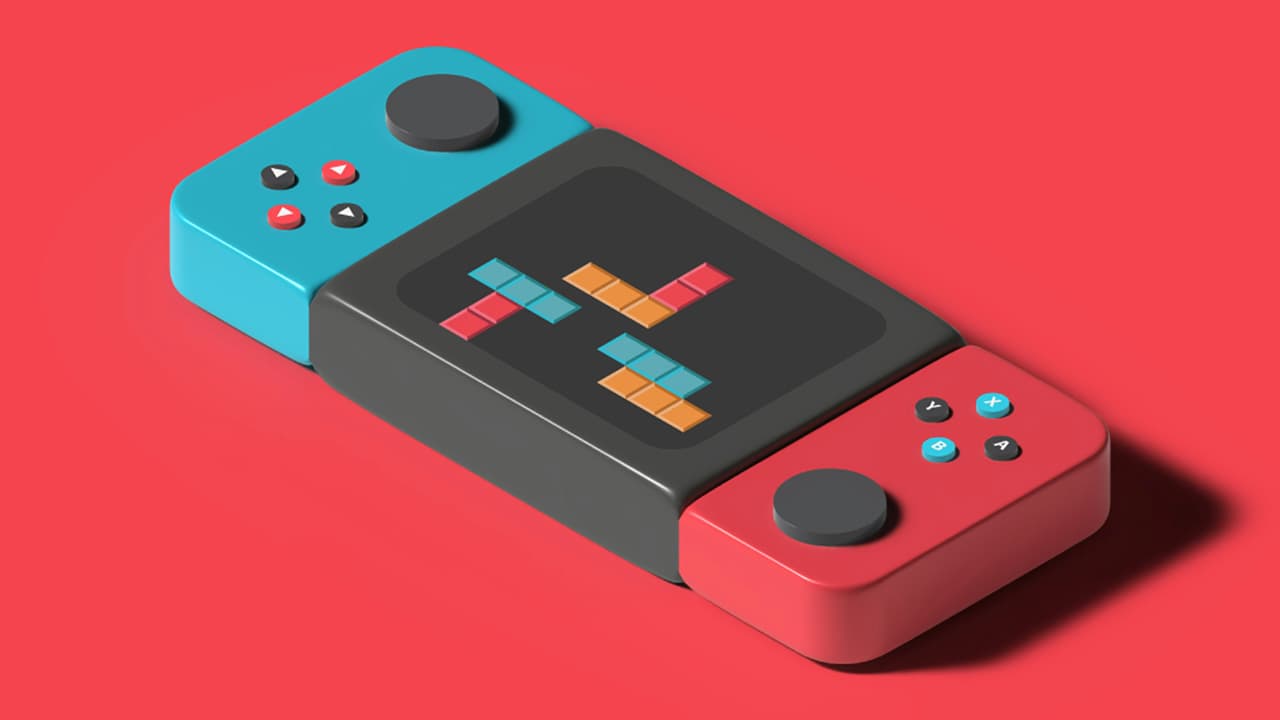Can AI Master Tetris?
Tetris, a puzzle game known worldwide, has been capturing the attention of players since the 1980s. Its simple yet addictive gameplay involves rotating and arranging falling blocks called Tetriminos to create and clear complete lines. While humans have played and enjoyed Tetris for decades, a new question arises: Can AI become a master of this classic game?
The quest to challenge and extend the capabilities of AI has led scientists and developers to experiment with various games, from chess to Go, and Tetris has not been left out. The idea of mastering Tetris with AI isn't just about playing a game; it's a gateway to understanding and developing more advanced AI systems. These systems could potentially solve more complex problems in areas such as logistics, pattern recognition, and decision-making.
Understanding AI in Gaming
To grasp how AI can become adept at Tetris, it's crucial to understand how these systems learn. Generally, AI in gaming operates through a method known as machine learning, where the AI analyzes data from game play to learn strategies and improve over time. More specifically, many AIs use a technique known as reinforcement learning. This approach involves the AI making decisions, receiving feedback based on those decisions (rewards or penalties), and adjusting its strategy to maximize rewards.
AI Techniques Applied to Tetris
When integrating AI into Tetris, developers focus on equipping the AI to effectively assess the current state of the game, predict the outcomes of potential moves, and strategically determine the optimal placement and orientation for each falling Tetrimino. Initially, the AI might not perform optimally; it may stack blocks in a way that quickly leads to a game over. However, as the AI continues to play through countless games, it starts to recognize recurring patterns and learns effective strategies, thereby minimizing errors and enhancing its gameplay.
One of the standout approaches used in programming AI for Tetris is the implementation of the NEAT (NeuroEvolution of Augmenting Topologies) algorithm. This sophisticated technique involves evolving artificial neural networks through a process that mimics natural selection. Essentially, the AI undergoes a sort of digital evolution, continuously refining and developing more complex and efficient neural network topologies that lead to improved performance in the game.
As the AI engages with Tetris, it not only evolves but also optimizes its decision-making processes. The NEAT algorithm allows the AI to adjust its strategies based on the outcomes of its actions, learning from past mistakes and gradually becoming more adept at foreseeing and preparing for future challenges presented by the game. This adaptive learning process enables the AI to handle increasingly complex scenarios as it progresses, effectively learning to "think ahead" and plan its moves with greater foresight and accuracy.
Notable AI Achievements in Tetris
The advancements in AI technology have led to some remarkable achievements in playing Tetris. Some AI systems have reached a level of mastery where they can play the game indefinitely, continually clearing lines with high efficiency and effectively managing the board as the game's speed increases. This capability demonstrates the AI's ability to analyze the game environment in real time and make quick, strategic decisions that maximize its chances of sustaining play.
These advanced AI players showcase an impressive degree of strategic depth, adapting their approach dynamically as the game evolves. For example, they can predict the sequence of upcoming Tetriminos and strategically plan several moves in advance. This planning involves calculating the best placements not just for the current piece but also for future pieces, which is crucial in maintaining a clean and manageable board.
Moreover, these AI systems demonstrate their ability to handle the 'survival mode' in Tetris, where the objective is to continue playing for as long as possible as the game speeds up and the difficulty increases. The strategic manipulation and quick thinking required to achieve high scores in this mode highlight the potential of AI to perform complex cognitive tasks, rivaling and sometimes surpassing human capabilities.
The Challenges AI Faces with Tetris
While AI has shown proficiency in Tetris, the game still poses significant challenges. One major challenge is the randomness of Tetrimino sequences. Unlike chess, where the board and pieces are known and static, Tetris requires the AI to adapt to constantly changing conditions. This unpredictability tests the AI's flexibility and decision-making under pressure.
Additionally, as the game progresses, the speed of Tetriminos increases, giving the AI less time to calculate and execute the optimal moves. This need for speed and accuracy in high-pressure scenarios pushes the abilities of AI and necessitates more advanced computational strategies and optimizations.
The Future of AI with Tetris
The exploration of AI in Tetris continues to be an area of active research and development. Progress in this area not only enhances game-playing AI but also contributes to the broader field of artificial intelligence by highlighting areas for improvement in decision-making algorithms under unpredictable conditions.
Moreover, the lessons learned from programming AI to play Tetris can be applied to numerous real-world applications. For example, the ability to quickly analyze and respond to changing patterns is crucial in dynamic environments such as stock trading, traffic management, and emergency response planning.












